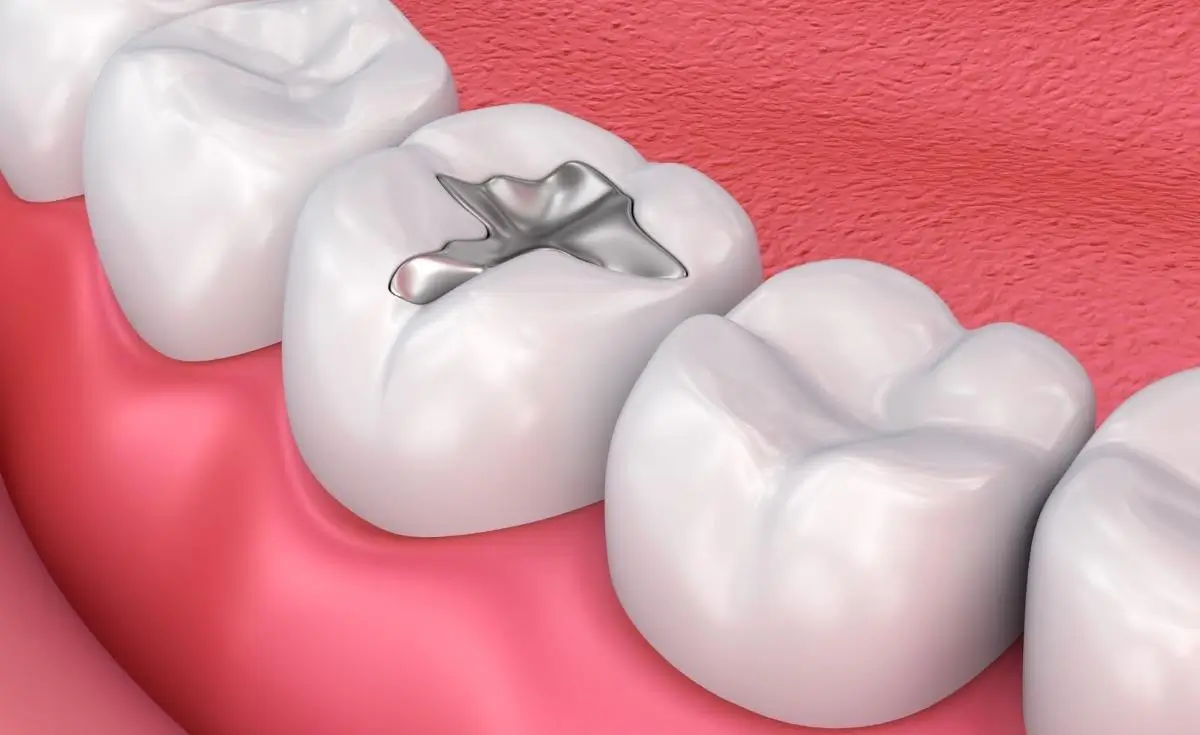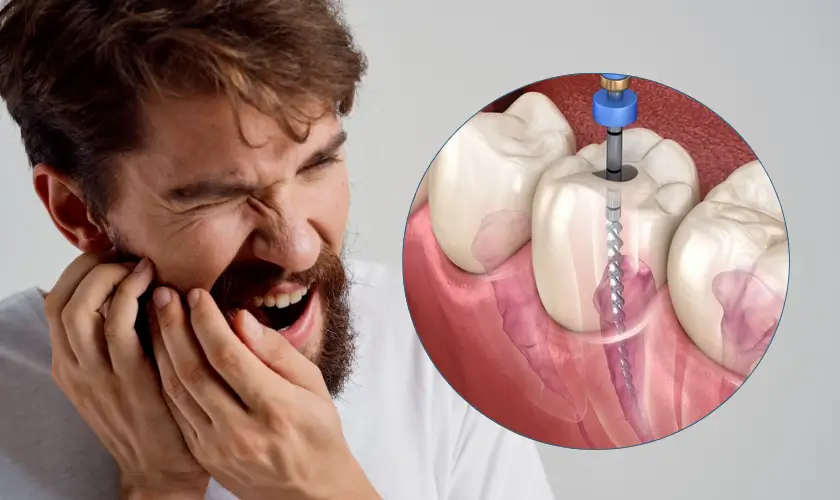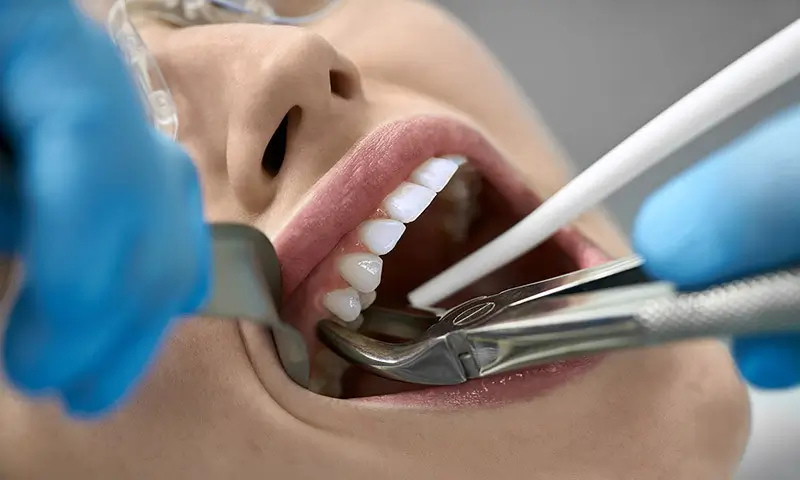General Dentistry
Quality General Dentistry & Advanced Dental Care Services
Welcome to Gloucester Family Dental Care, your trusted partner in achieving and maintaining excellent oral health. Conveniently located in New South Wales (NSW), Australia, we take pride in offering a full spectrum of general dentistry and advanced dental care services designed to meet the unique needs of patients of all ages.

Consultation & cleaning

Fillings

Root canal Treatment

Pain and Extractions
Consultation & cleaning
Preventative care is a foundation of dentistry. The American Dental Association recommends visiting your Davenport dentist regularly – usually about twice yearly – for full cleanings, examinations, and consultations for potential treatment. Professional dental cleanings help remove built-up plaque that is not removable using conventional brushing and flossing. Often, dentists are also capable of identifying potential problems that patients are not yet able to see or feel. When you maintain regular preventative dental appointments, you can stave off decay and gum disease, as well as identify the beginnings of oral health problems before they become severe.
Frequently Asked Questions
Yes. Even if you brush and floss after every meal and before bed, bacteria-harboring plaque can accumulate in the tiniest crevices, grooves and pits. Overtime, the teeth will begin to decay in those areas, which may result in pain and partial or total tooth loss.
Your cleaning and consultation will consist of a visible examination of the teeth and gums. If you haven’t been to the dentist in a while, you may also require x-rays for a more comprehensive view of your teeth. You’ll also consult with your Gloucester dentist about any oral health problems you may have been having or questions that you may have. The cleaning will follow, during which a dentist will use special instruments to remove hardened plaque from your teeth. Finally, your teeth will be polished before your dentist discusses any treatment recommendations he or she may have for you.
In between dental cleanings and consultations, be sure to maintain good oral habits at home. This includes daily flossing and brushing after meals. It’s also important to drink fluoridated water and use a fluoridated toothpaste.

Fillings
Composite fillings – also known as tooth-colored fillings – are dental restorations designed to be inconspicuous and natural in appearance. They blend well with the teeth and appear more natural than amalgam fillings, which are darker and more easily seen by other people. Composite fillings are made of ceramic and plastic compounds that chemically bond to the teeth. They can be used to fill in decayed areas of the teeth, as well as to help repair chipped or broken teeth. Most dentists use composite restorations to treat the teeth closest to the front of the mouth, as they are more noticeable when patients smile. However, advancements in dental technology and the composition of composite fillings have made it possible for Gloucester dentists to also use tooth-colored fillings on molars, which receive more wear than other teeth.
Frequently Asked Questions
If you have a cavity, broken tooth, or a deteriorated filling, you may be a candidate for a tooth-colored filling. Schedule a dental consultation to find out if composites are right for you.
During your visit, your gums and teeth will be anesthetized with a local anesthetic near the site of the filling. Once the area is numb, the decayed or damaged portion of your teeth will be removed to make room for the new tooth-colored filling. A resin will be placed over the area and cured with a hand-held light for less than a minute. The new filling will then be shaped and polished before the procedure is complete.
Composite fillings are cured with light at your dentist’s office. You should be able to return to normal activity and oral care immediately after your visit. It’s normal for treated teeth to experience some sensitivity to hot and cold in the days following treatment, but sensitivity that persists beyond a week should be reported to your dentist.

Root canal Treatment
Root canals are essential dental procedures that treat and preserve teeth with severely infected roots, preventing pain, swelling, and potential tooth loss. The tooth's pulp, which contains nerves and tissues, is removed when infected, and the damaged areas are cleaned to eliminate the infection. In some cases, antibiotics may be prescribed to ensure the infection does not spread. At Gloucester Family Dental Care, New South Wales (NSW), we restore the tooth's functionality and natural appearance by capping or crowning the treated tooth, ensuring a healthier and longer-lasting smile.
Frequently Asked Questions
You could be a candidate for a root canal if decay or damage has allowed bacteria to infect the pulp inside your tooth. A root canal could also be the right treatment for you if you prefer to preserve as much of your natural tooth as possible instead of extracting both the healthy and diseased portions of your tooth. For more information about root canals and whether they are right for you, schedule a dental exam and consultation at your earliest convenience.
If you decide to undergo a root canal, the first step in your procedure will involve a local anesthetic. Once your tooth root is numb, the diseased portion of your tooth pulp will be removed and potentially treated for bacterial infection. The tooth will then be sealed and filled before being restored with a crown.
It is normal for teeth to become inflamed after a root canal, potentially causing sensitivity for the first several days following treatment. However, normal brushing and flossing habits can be resumed immediately after treatment and restoration is complete.
After a root canal treatment, your tooth has to be restored (fixed) to look, feel and work as much like a natural tooth as possible. If an endodontist performed your root canal treatment, he or she will fill the opening of the tooth with a temporary filling and send you back to your dentist for tooth restoration.
Your dentist may use a permanent filling or a crown to restore your tooth. The choice of restoration will depend on the strength of the part of the tooth that’s left. A back tooth will likely need a crown because chewing puts a great deal of force on back teeth. If there is not enough of the tooth left, posts may be used to help support the crown.

Pain and Extractions
Tooth extractions are common dental procedures performed to remove decayed, damaged, or problematic teeth when preservation is no longer an option. While dentists prioritize saving natural teeth, extractions may sometimes be necessary. At Gloucester Family Dental Care, New South Wales (NSW), extractions are performed with precision and care in a safe, clinical setting. Depending on the tooth removed, replacement options such as dental implants or other oral prosthetics can be provided to restore functionality and aesthetics.
Frequently Asked Questions
Only your dentist can tell you if you need a tooth extraction. However, you may be a candidate for the procedure if one or more of your teeth are decayed so severely that a filling or other restoration is not a possibility for treatment.
If you and your dentist decide to extract one or more teeth, you will be scheduled to return for extraction / oral surgery at a later date. You will first be given a local anaesthetic to prevent pain during the procedure and a X-Ray of the concerning tooth will be taken. You should not feel any pain during the procedure at all, if you experience any pain please inform the dentist and he will get the tooth completely numb before he attempts to extract the tooth.
you may be prescribed medications to help manage pain in the hours following your extraction. Depending on the nature of your extraction and other factors, such as whether your teeth are impacted, you may also be sedated or given general anesthesia during your procedure.You will be Given written instructions to take home.
Post-operative care following a tooth extraction is essential for healing and preventing complications. You will be instructed to avoid certain foods and also keep the surgical site clean at all times. If you are prescribed an antibiotic, it is important that you complete the course of treatment to prevent infection. Finally, you may be advised to avoid smoking or drinking through a straw, as doing so may delay the healing process and cause a condition known as ‘dry socket.’You will be Given written instructions to take home.

Book an Appointment
Let’s create healthier, happier smiles together!
Take the first step toward your perfect smile! At Gloucester Family Dental Care, your oral health is our top priority.
Schedule Your Check-UpGloucester Dental Surgery Australia
46 King Street Gloucester NSW
Contact Us Today : (02) 6558-1114
Fax Us Today :(02) 65582650
Email Us Today : dental4gloucester@gmail.com
